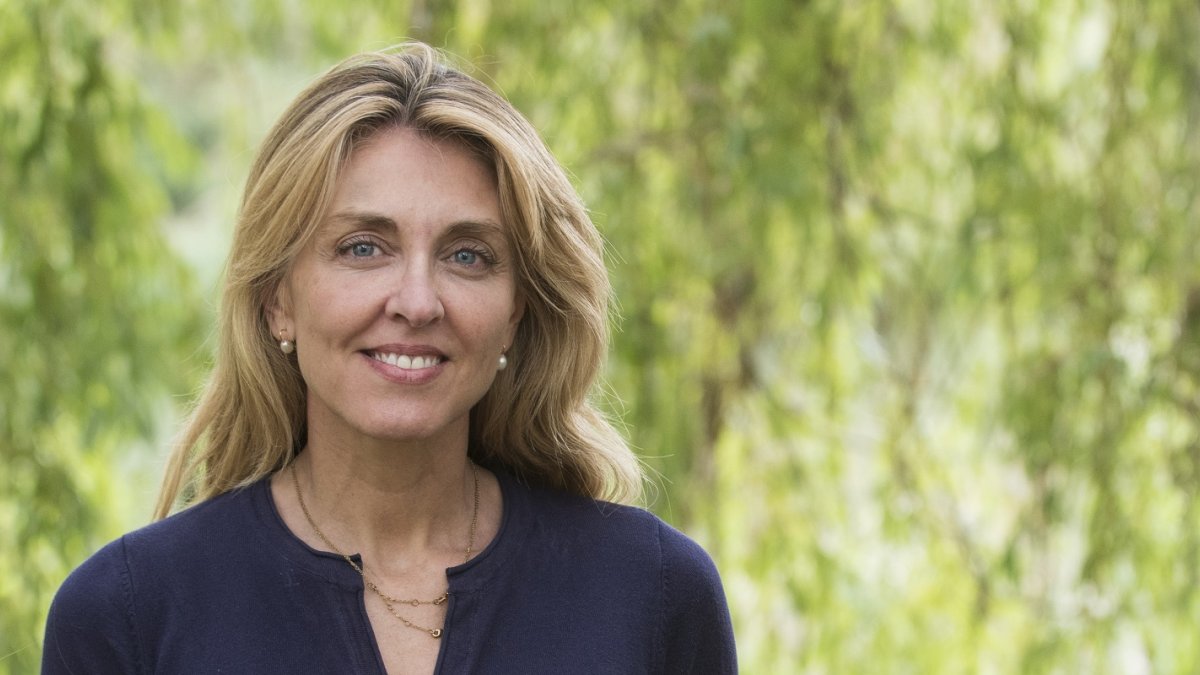Sustainability at Surrey: COP27 Adaptation and Agriculture Day
Changing how we farm globally is a crucial component in tackling climate change. To co-incide with Adaptation & Agriculture Day during COP27 we caught up with Dr Belen Marti-Cardona, Senior Lecturer in Earth Observation and Hydrology, whose research helps rice farmers to reduce methane emissions using satellite data.

Dr Belen Marti-Cardona
What are you researching?
One of our focuses is the accurate estimation of greenhouse gas emissions from rice using different farming practices, such as permanent flooding or alternate wetting and drying (AWD).
The drainage of rice paddies for short periods of time during crop growth can cut methane emissions by 40 per cent without loss of yield. Since the impact of methane in terms of greenhouse gases is 25 times higher than CO2 – and given the extent of rice crops around the world – the implementation of AWD offers huge potential for reducing global greenhouse gas emissions.
Carbon credits are available to incentivise rice growers to implement AWD practices. To facilitate uptake, we’re collaborating with GeoTree to create a product that combines satellite data and simulation of biochemical processes in rice paddies to monitor, report and verify AWD practices and their methane reduction, globally.
Why is this work so important, and what impact could it have?
I’m passionate about using my research in earth observation and process-based simulation to create environmental and social impact. By encouraging farmers to embrace AWD practices we can make a real difference in terms of substantially reducing their emissions. This is why I find myself absorbed in my research during evenings and weekends!
With news that the world is close to irreversible climate breakdown, what are your reasons for staying hopeful?
I think the voluntary carbon credit market system has the potential to mitigate pollution by engaging with the people and sectors that cause emissions. This doesn’t mean that the market should empower companies to any level of emissions as long as they pay for their offsetting – far from it. Our transition to renewable energies and a lower carbon footprint life is imperative. But while this transition happens, some of our basic needs still have a footprint. The carbon credit market can compensate this and prevent the climate crisis from worsening. For this market to bring real environmental benefits, it is essential that we can quantify and monitor emissions rigorously, and this is where our research plays a key role.
Find out more about our research in the Centre for Environmental Health and Engineering.
Discover our courses in civil and environmental engineering.
